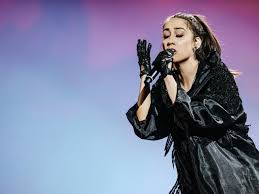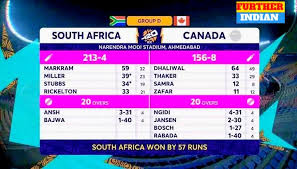Eurovision 2023: A Celebration of Musical Diversity and Unity

Introduction to Eurovision
The Eurovision Song Contest is one of the longest-running international song competitions, captivating audiences globally since its inception in 1956. Each year, countries from across Europe (and beyond) send their best musical acts to compete for the coveted trophy, making it a celebration of culture, creativity, and diversity. With millions tuning in to watch the event, Eurovision holds significant cultural relevance as it promotes unity in diversity and highlights the power of music to bridge gaps between nations.
Eurovision 2023 Highlights
This year, Eurovision 2023 took place in Liverpool, United Kingdom, following Ukraine’s win in the previous year. The host city embraced its role with enthusiasm, showcasing the rich cultural tapestry of both the UK and Ukraine. The event ran from 9 to 13 May 2023, featuring semi-finals and the grand final, a format that has been successful in showcasing a variety of talent. A record number of 37 countries participated, including returning favourites and exciting newcomers.
This year’s notable performances included Sweden’s Loreen, who aimed to win her second title, with her emotionally charged song “Tattoo.” Meanwhile, Finland’s Käärijä captured hearts with his energetic entry “Cha Cha Cha,” which blended elements of pop and hip-hop, illustrating the eclectic musical styles that Eurovision is known for. The diverse array of genres represented at the contest highlights the richness of European music influenced by various cultural backgrounds.
The Impact of Eurovision
Eurovision serves not just as a competition but as a platform for political and social messages. Over the years, it has addressed issues such as LGBTQ+ rights and cultural identity. This year, performances were seen as celebrating acceptance and inclusion, especially in light of ongoing conflicts in various regions. The event also fosters economic prosperity for host cities, as evidenced by the influx of tourism and increased visibility for local talent and businesses.
Conclusion
As Eurovision 2023 concludes, it not only highlights musical talent but also reinforces the essence of cultural exchange. The contest emphasizes how music can serve as a universal language, bridging different communities and promoting peace. The forecasts for future contests suggest a continued emphasis on diversity and representation, as countries seek to inspire through their music. For audiences, Eurovision remains a cherished tradition that encapsulates the joy of creativity, bringing people together in a shared celebration of art.









